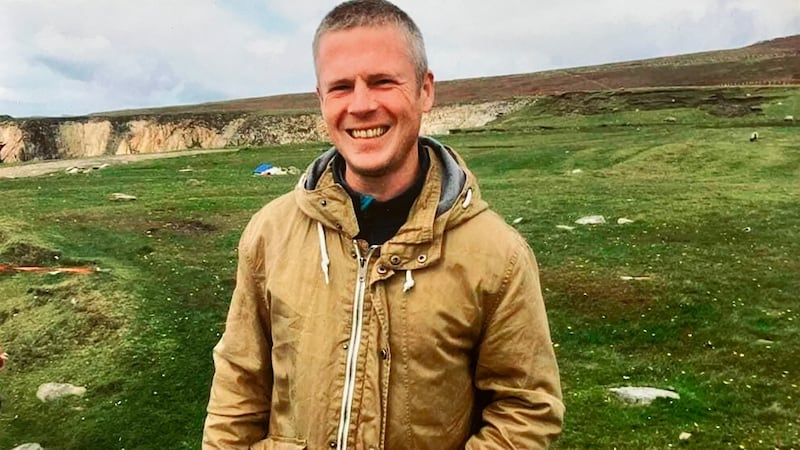Since the British parliament moved on assisted dying, I’ve changed my mind. I hadn’t cared enough to campaign for it, but I was strongly in favour. It will be an issue for the new government here, and it may be one of the issues that looks similarly complicated on both sides of the water. I had seen, at a distance, the slow loss of dignity and independence, the slow increase of pain and incapacity, the slow failure of physical and cognitive function, that mark the last years of lives drawn out by healthcare in modern industrialised societies. I’d watched people lose themselves, and know they were losing themselves. I’d remembered how they’d once said, watching other people lose themselves, don’t ever let that happen to me, if I get that way you’re to let me go, hear me? Promise you won’t let that happen to me. You know we can’t do that, I’d said, you know that’s not how it works, and when the time came of course we didn’t do that and it wasn’t how it worked.
For myself, I’ve always thought I’m much more afraid of losing my words, my brain, my dignity, the integrity and independence of mind and body, than of death. I’ve said to my kids, as doubtless generations before me did, when I’ve read my last book and written my last paragraph, I’m done, I don’t want to outlive the ability to compose strong prose. I wouldn’t be me, and once I’m not me what would be the point of breathing?
But lately, I’ve been wondering what we mean when we say we are “not ourselves”. Obviously we are; there we are, being who we are. The present self is the only one around. It comes up in the context of menopause, women saying they don’t feel like themselves any more. I’m experiencing it. I, who have relied on willpower all my life, am finding it harder to make myself do things I don’t want to do. Sometimes my body rebels. I stand in the hall and I can’t force myself to put on my shoes and go through the door to do what I don’t want to do with people I don’t want to see. Sometimes it’s my mind; I cancel plans I’ve always found foolish or mildly distasteful but always, previously, done anyway. Is it hormonal? Is it moral failure? I describe it to my son, who says no, Mum, it sounds as if your tolerance for bullshit has collapsed. It sounds as if you’ve had enough of other people’s crap. And of course, this could be hormonal; as I understand it, oestrogen supports women’s tolerance of bullshit and other people’s crap. Maybe I could medicate my way back towards a more compliant, less selfish, more feminine past. But for now I’m curious about this present self, here today, now.
And I cannot help turning a critical eye on the words I use to think about assisted dying. Independence, autonomy, dignity, capacity. They’re the characteristics most valued by industrial capitalism, the ones associated with productivity and striving, generating more goods and more services and making more money. In right-wing parlance, they separate the deserving from the undeserving poor, “strivers” from “skivers”. I grew up striving in a culture whose commitment to social aspiration and accumulation and self-improvement I recognised only later, when I left, and while criticising the ethical failures of such modes of thought, I also excelled in their terms. Hard work brought me high grades, physical fitness and validation. But not compassion, not charity, certainly not the ability to show weakness and receive care. They came later, and the hard way, which is the only way.
READ MORE
So now I wonder, could we not think of suffering, weakness and need as compatible with dignity and integrity? Could we allow the idea of full human selfhood to include all stages, all weathers, all states of body and mind? The healthcare providers I know who are mostly opposed to assisted death are those who see slow dying up close, in palliative care and oncology and gerontology, though they would agree that at the moment access to the kind of care that makes slow, unassisted death bearable is patchy at best, and of course more readily available to those with more capital of every kind. But maybe that’s where we should be doing the work, maybe assisted dying is a – wholly understandable – individual solution to a structural problem.














